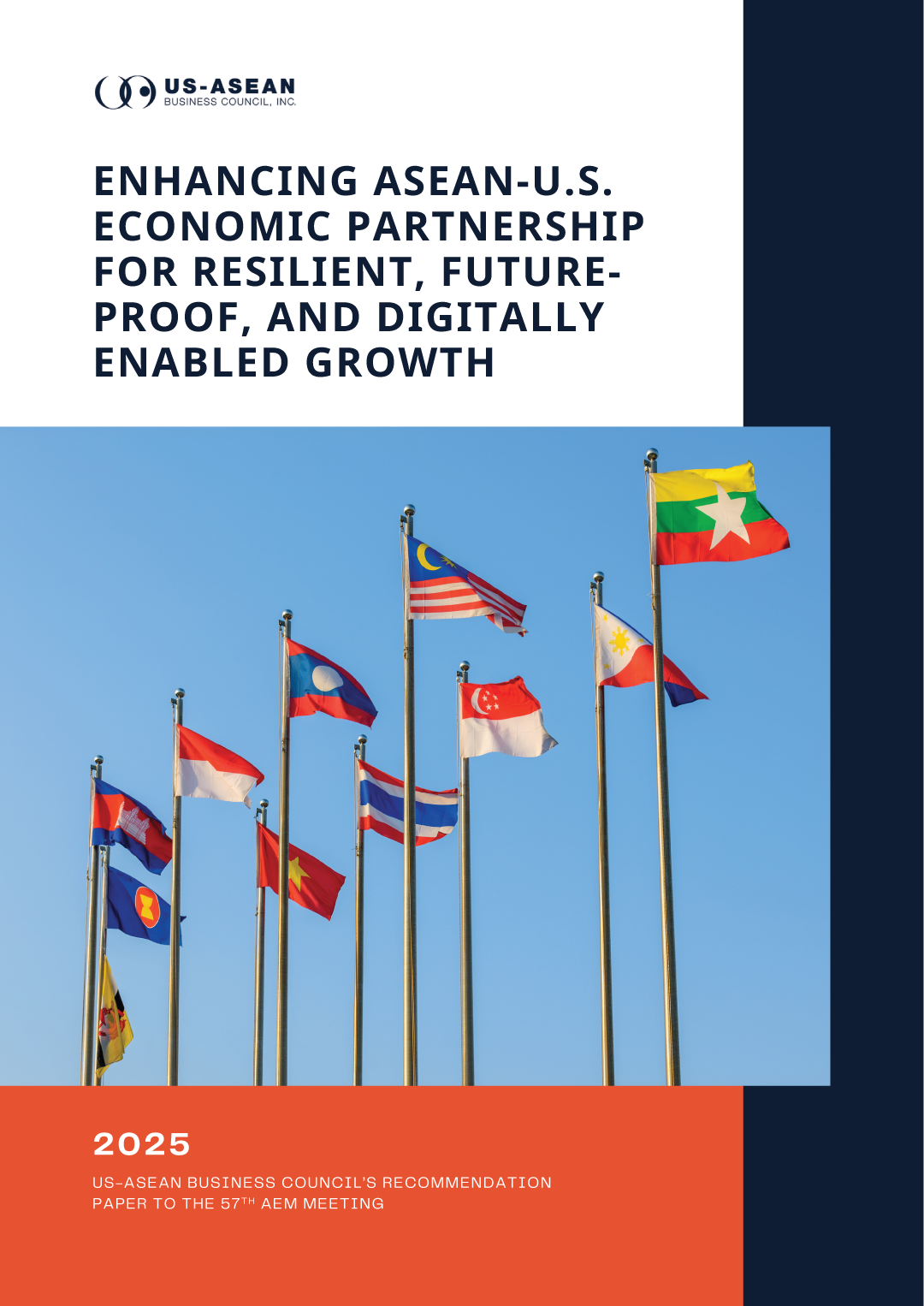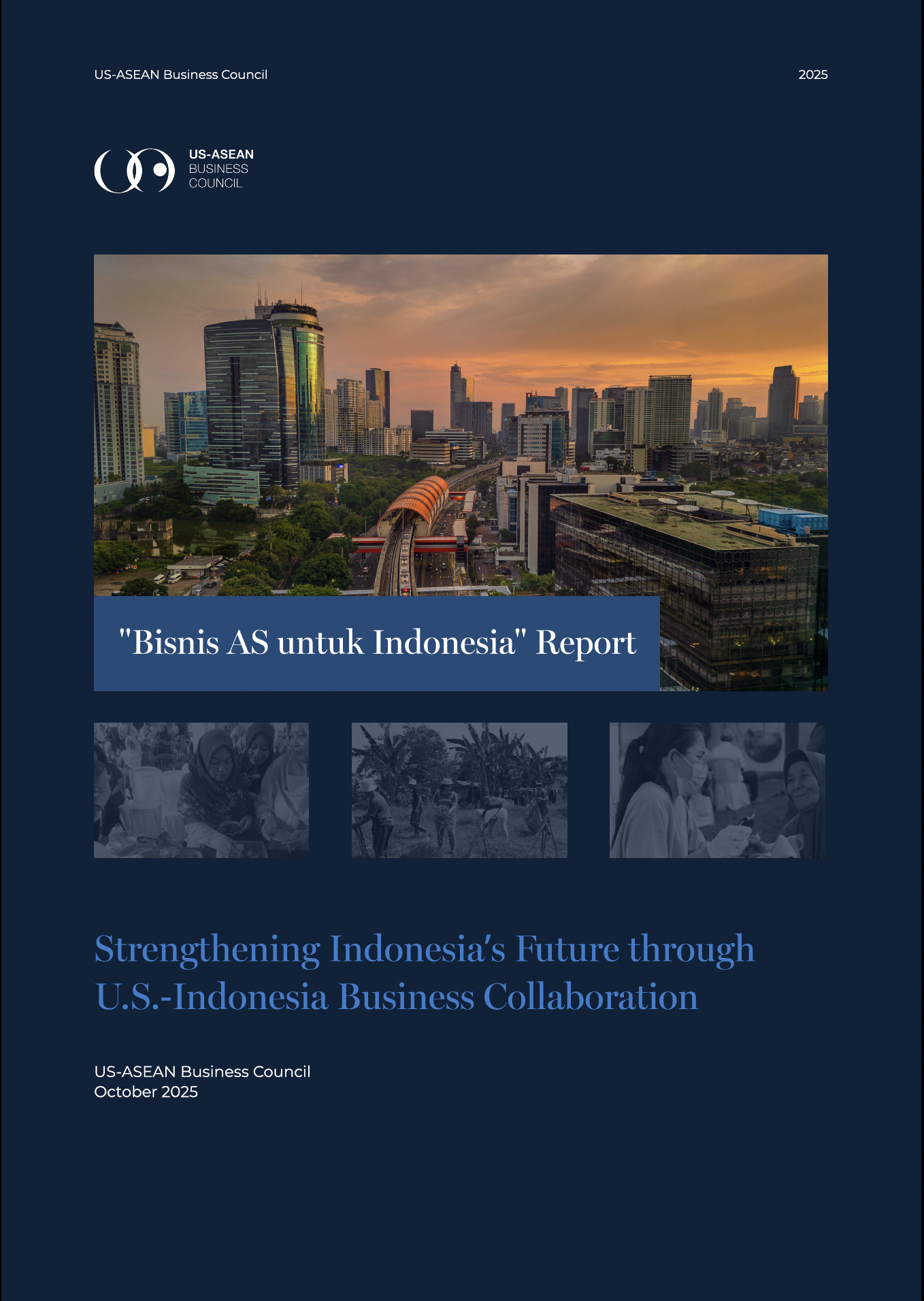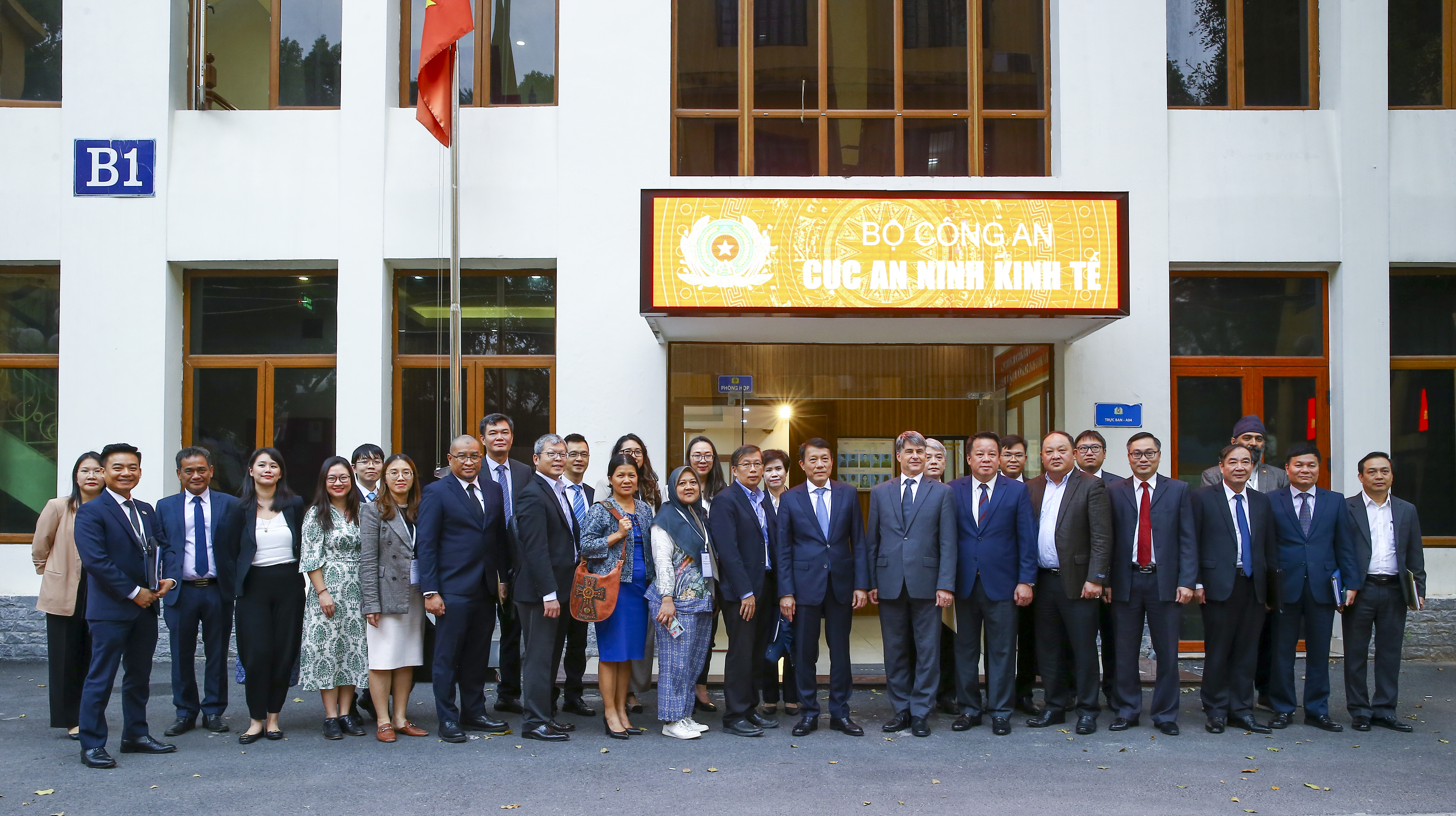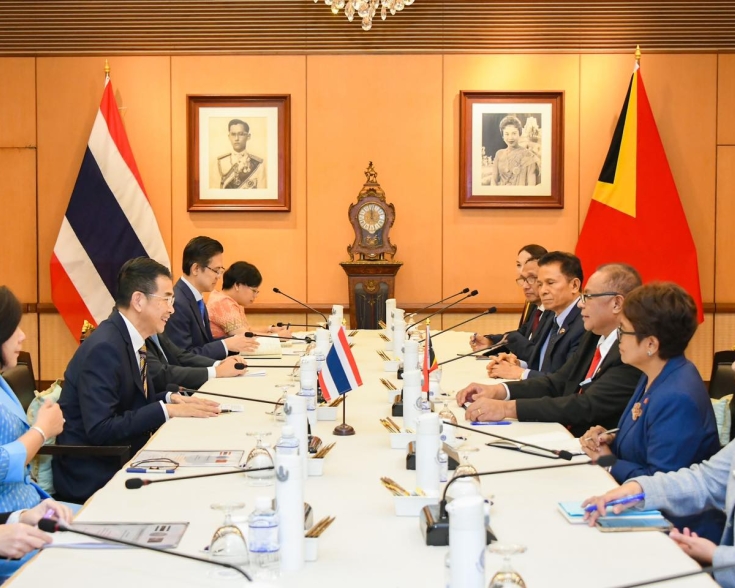New Renewable Energy Agreements Between Indonesia and Singapore
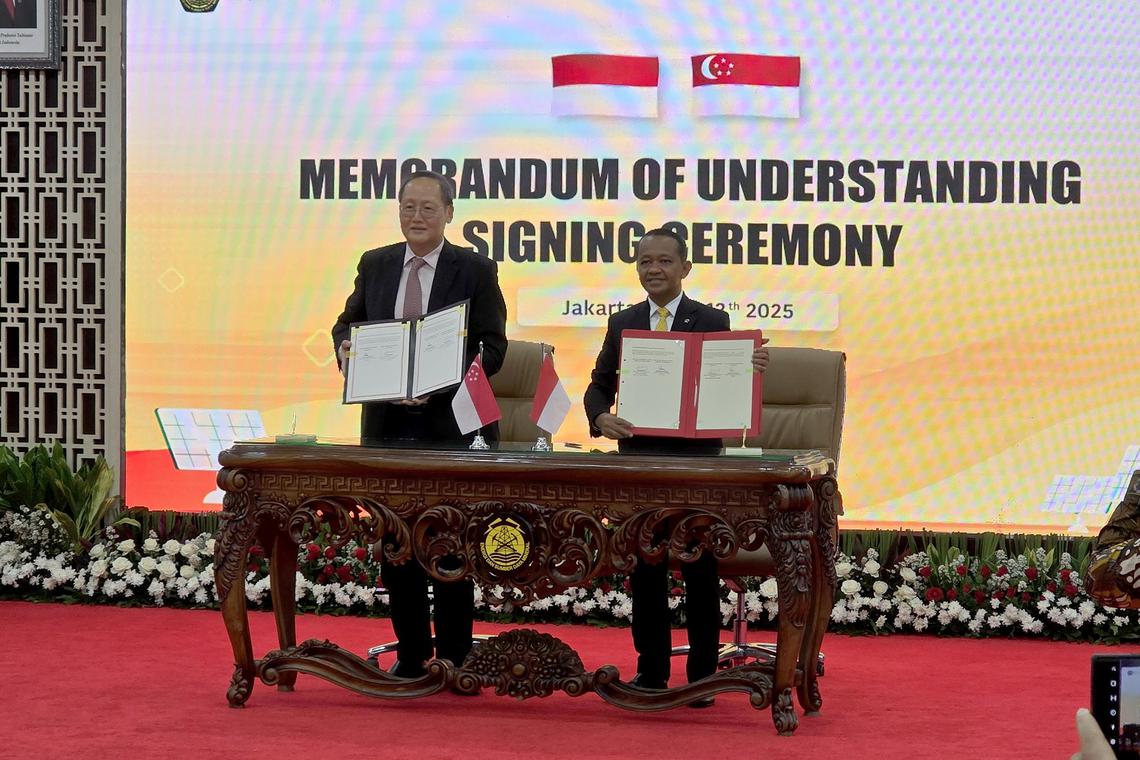
On June 13th, the Governments of Indonesia and Singapore signed new Memoranda of Understanding (MoUs) for increasing cross-border electricity trade. The MoUs were signed in Jakarta by Singapore’s Minister-in-charge of Energy and Science and Technology, Dr. Tan See, and Indonesia’s Minister for Energy and Mineral Resources, Dr. Bahlil Lahadalia. These MoUs build upon a previous agreement between the two nations to export solar power from Indonesia to Singapore. According to Minister Lahadalia, Indonesia expects to export 3.4 gigawatts of low-carbon power to Singapore by 2035. This energy will be sourced from Indonesia’s Riau Islands province, located south of Singapore, where private companies from both Singapore and Indonesia will develop solar power plants. Companies such as Pacific Medco Solar Energy, Adaro Clean Energy Indonesia, Energi Baru TBS, and more are all involved in the project. These companies have jointly proposed installing approximately 11 GW of solar power generating capacity and 21 GW of battery energy storage. Indonesia’s Energy Ministry estimates that solar development from this deal could attract up to $50 billion in investment as well as an additional $2.7 billion for factories to make solar panels and battery storage systems.
Singapore and Indonesia also signed agreements to engage in cross-border carbon capture and storage (CCS) and to jointly develop a sustainable industrial zone. This industrial zone will be located in the Bintan, Batam, and Karimun (BBK) region in Indonesia’s Riau Islands and will help Indonesia utilize its copious natural resources to create sustainable, competitive products in the global market. Additionally, there are many companies that are ready to collaborate with Indonesia on carbon capture and storage. In fact, BP, ExxonMobil, and Indonesia’s state energy company Pertamina are already developing CCS projects in Indonesia.



